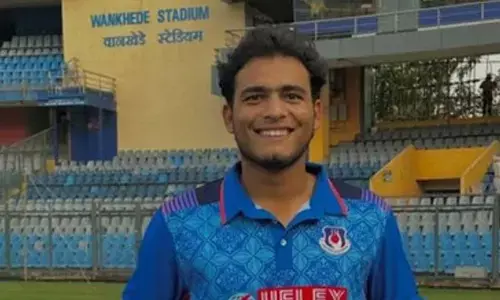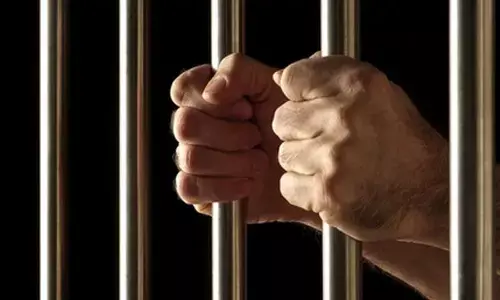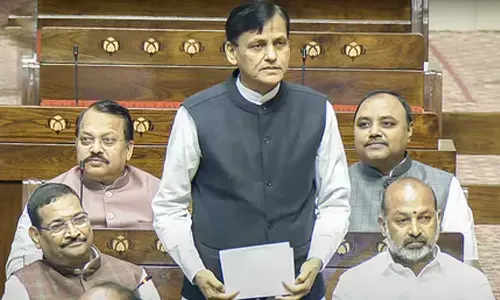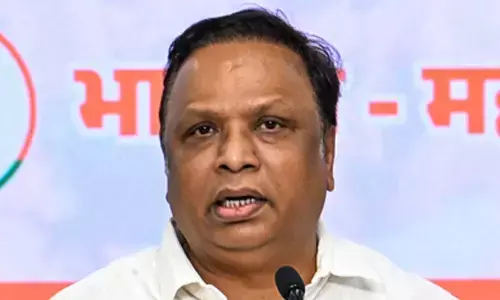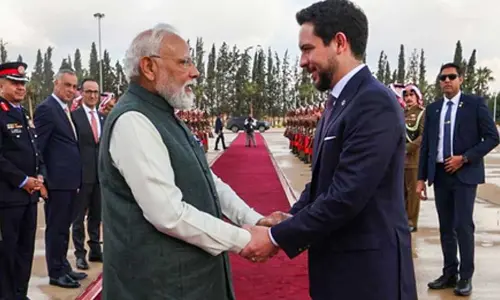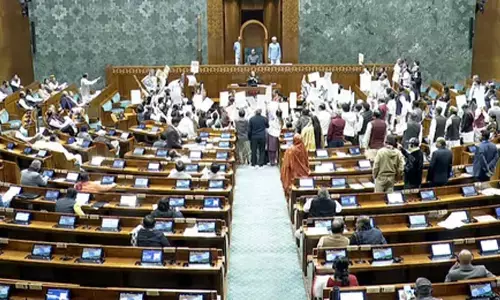Immediate call for peace in Syria
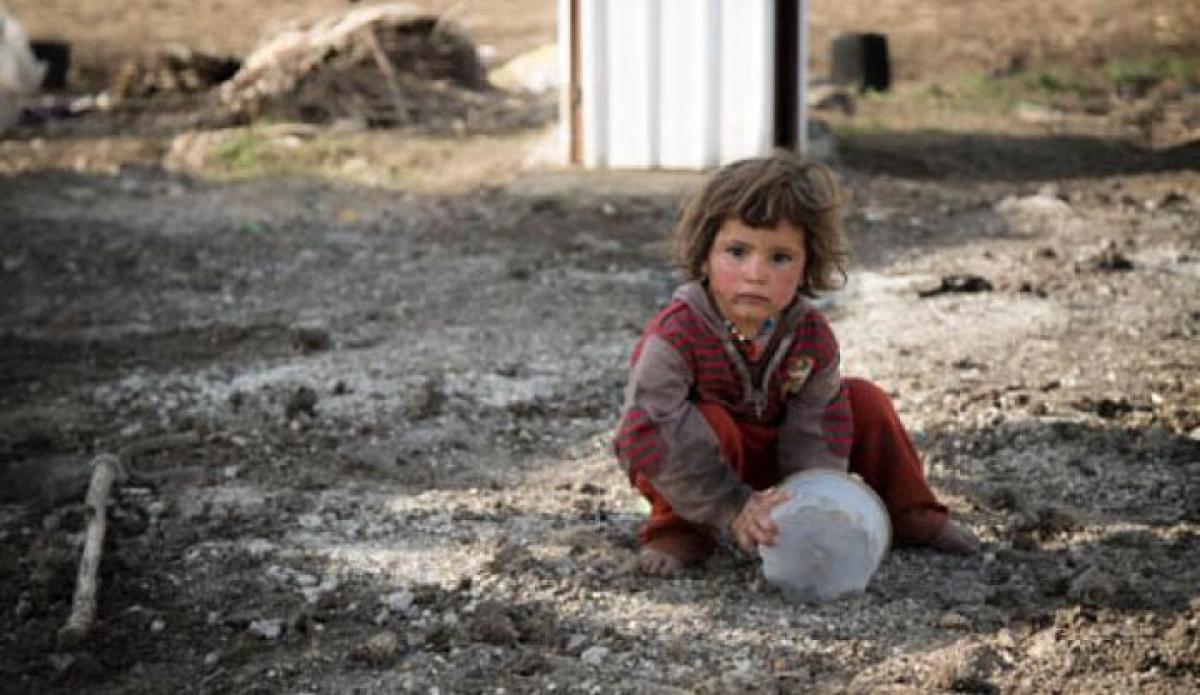
The Syrian Civil War began with protests across the country in the spring of 2011 and a bloody uprising against the Assad government. This gradually turned into a civil war. The country has been totally devastated. Cities such as Aleppo, once symbols of wealth and prosperity, are in ruins. The country is divided into areas, great or small under the control of either forces loyal to Assad or opposition groups such as ISIL, al-Nusra, the PYD and others.

The Syrian Civil War began with protests across the country in the spring of 2011 and a bloody uprising against the Assad government. This gradually turned into a civil war. The country has been totally devastated. Cities such as Aleppo, once symbols of wealth and prosperity, are in ruins. The country is divided into areas, great or small under the control of either forces loyal to Assad or opposition groups such as ISIL, al-Nusra, the PYD and others.
Russian and coalition planes are continuing to devastate the country while on land, Assad's forces backed by Russia and Hezbollah are fighting along with others such as the Free Syrian Army, ISIL and the PYD village by village, district by district, street by street and town by town. The deep state structures of the U.S. and the Western coalition are killing Muslims; worst of all, Muslims are killing Muslims. Shiites are killing Sunnis and Sunnis are killing Shiites, along with Kurds, Arabs and Turkmens. The events taking place in the Syrian Civil War will go down as a collective disgrace on mankind.
In order for peace to come to Syria, the first priority is for the bloodshed to cease. Debates about the country’s interests, international balances and geopolitical plans will just put a possible ceasefire further back and in practical terms end in more people being killed every day. A democratic process can only begin after a ceasefire in which all the guns fall silent. There can be no democracy, elections, a just judicial system or freedoms when civilians are being killed every day. Winter lies ahead; it will be very difficult to survive in the harsh conditions of winter across the country. It will also be impossible for hundreds of thousands of Syrians in refugee camps or on the borders of the EU to get through the winter.
Peace moves in Syria began wıth the Arab League plan. Later unofficial meetings backed by Russia, Sarkozy’s Friends of Syria group initiative, the Annan peace plan and the first and second Geneva summits all ended in failure. Irreconcilable attitudes prevented peace. Yet the whole world, and especially the Syrian people, urgently needs peace in Syria.
Following the Vienna meeting attended by the foreign ministers of the U.S., Great Britain, Russia, Iran, Turkey, China, Egypt, Iraq, Saudi Arabia, the UAE, Qatar, Oman, Lebanon, Jordan, France and Italy, as well as representatives of the U.N. and the EU, a peace plan has now appeared on the horizon.
The Turkish, Russian and American foreign ministers agreed on a transitional plan. The basic objective is for Syria to become a secular, democratic, stable and safe country, a multicultural state free of sectarianism with an established public order. Under the plan, Assad will remain as a symbolic president for six months. His powers will be transferred to a transitional administration. However, realistic peace is only possible with the agreement of all sides. If we look at the positions of the sides in the peace process:
Turkey: Approves of the transitional plan with Assad, but wants the process to be controlled and manageable. It regards peace in a Syria that still harbors Assad as president as impossible. It also wants the U.S. to stop providing arms and training for the PYD, the Syrian branch of the terrorist PKK.
Russia: Favors the transitional plan with Assad. Russia is a key country in the establishment of peace. British Foreign Secretary Philip Hammond has emphasized this by saying that Russian President Putin is the only person capable of convincing Assad.
Iran: Has given the green light for a six-month transitional formula. It maintains that it should be the Syrian people who will decide the shape that Syria takes after Assad. Post-Assad elections are an Iranian precondition for peace negotiations.
Saudi Arabia: Wishes Syria to avoid a sectarian-based administration. It insists that Assad must go, through either war or peace.
The U.S.: Secretary of State John Kerry says that they have come to an agreement with the U.N. regarding the details and application of a nationwide ceasefire that can be initiated on a specific date in parallel to a new political process in Syria, saying that the people of Syria must decide on the country’s future.
Great Britain: Prime Minister David Cameron has said that Bashar Assad can be part of a transitional government in Syria.
The Syrian opposition: The opposition has unveiled a transitional road map. The new regime will be a mixture of the prime ministerial and presidential systems. A new constitution will be drawn up by an elected 290-member constitutional council, and the result will be put to a referendum. Armed groups will dissolve themselves and the armed forces and the intelligence services will be reconstructed as other milestone measures.
It is grounds for hope for peace that countries with very different agendas, such as Iran and Saudi Arabia and the U.S. and Russia could have met together in Vienna. However, the final communication is still far from setting out concrete steps. The four main promises in that communiqué are as follows:
1. The United Nations will call on the Syrian government and the opposition to meet for a new ‘reliable, inclusive and non-sectarian’ political process.
2. A new constitution and U.N.-backed elections including the diaspora and all ethnic elements.
3. Increased humanitarian aid for Syrians both inside and outside the country.
4. Efforts to declare a ceasefire involving the U.N. and the whole country.
Despite these efforts to find a solution in Syria, intense diplomatic traffic and peace plans, dozens of innocent Muslims are still dying every day. Millions more are struggling to survive hunger and thirst under the shadow of guns in ruined towns. The first priority of the countries of the world must be to put an end to this great wrong. Syria’s primary need is for a permanent ceasefire and an end to the fighting. The people can then decide their own future through democratic elections. Assad can be put on trial within a legal framework should it come to that. Winter is close at hand. Innocent civilians of Syria cannot take any more so an immediate ceasefire should thus be given the greatest priority.
The writer has authored more than 300 books translated in 73 languages on politics, religion and science. He may be followed at @Harun_Yahya and www.harunyahya.com
By Harun Yahya
Next Story








